The geopolitical rapprochement between French President Emmanuel Macron and Italian Prime Minister Giorgia Meloni marks a significant moment not only for European diplomacy but also for global affairs. Long plagued by political friction and ideological divergence, the relationship between the leaders of the EU’s second- and third-largest economies appears to be entering a new phase. If sustained, this détente could reshape policy coordination in Europe, particularly in the Mediterranean and North African regions, and recalibrate European alignment with global powers, including the United States.
Historically, Franco-Italian ties have oscillated between cordial cooperation and intense discord. Macron and Meloni’s personal and ideological differences have only deepened these tensions. Macron is a centrist technocrat with a background in investment banking and elite education; Meloni is a right-wing populist with roots in working-class, nationalist movements and a hardline stance on immigration. Unsurprisingly, their governments have clashed on issues ranging from migration policy to women’s rights.
Yet the recent meeting in Rome – dubbed a “turning point summit” by Italy’s Corriere della Sera – suggests that both leaders recognize the political utility of renewed cooperation. Their joint statement emphasized a “common commitment” to confront shared challenges, including economic competitiveness, industrial resilience, and foreign threats. The announcement of a bilateral summit to be held in France in early 2026 adds substance to the symbolism.
This reset builds upon an earlier period of Franco-Italian warmth under former Italian Prime Minister Mario Draghi. In 2021, Macron and Draghi signed the Quirinale Treaty, an agreement modeled on the Élysée Treaty between France and Germany, designed to institutionalize bilateral coordination in key areas such as security, defense, digital technology, and macroeconomics. While Meloni’s government initially revived past tensions, it now appears prepared to return to the spirit – if not the letter – of this earlier agreement.
Macron’s pivot toward Italy is not occurring in a vacuum. Germany has traditionally been France’s primary partner in the European integration project. However, Macron’s relations with successive German chancellors – Angela Merkel, Olaf Scholz, and now Friedrich Merz – have often been strained. Scholz, in particular, was frequently criticized in Paris for what many saw as a lack of strategic vision and reluctance to support EU-wide initiatives with the necessary political will.
By fostering closer ties with Meloni, Macron is attempting to diversify France’s European alliances and break the rigid Paris-Berlin axis that has defined EU politics since the post-war era. Spain, under Pedro Sánchez, is another key partner in this rebalancing effort. But Italy’s geopolitical position and economic clout make it uniquely suited to serve as a counterweight to German dominance in Europe.
The political logic is mutual. Meloni may be a populist firebrand, but she is also a pragmatist who understands the benefits of Franco-Italian cooperation. France’s permanent seat on the UN Security Council and its leadership in NATO give it outsized influence on global diplomacy – influence that Italy, despite being a G7 member, lacks. Moreover, France’s support could be instrumental in helping Italy push its agenda within the EU on migration reform, energy policy, and industrial strategy.
Perhaps the most compelling dimension of the Macron-Meloni détente lies in its implications beyond Europe, particularly in the Mediterranean and North Africa. Both leaders share growing concerns over Russia’s potential expansion in Libya, a strategically critical country that has long served as a battleground for European, American, and Middle Eastern powers. With Moscow seeking to entrench itself in eastern Libya following setbacks in Syria, the Franco-Italian alignment could help fortify Europe’s southern flank.
Libya is only one piece of the puzzle. The broader Middle East and North Africa (MENA) region is rife with instability, and Europe’s disjointed responses have often weakened its influence there. Coordinated Franco-Italian engagement – leveraging France’s military and diplomatic weight with Italy’s geographic proximity and historical ties – could serve as a more coherent strategy for managing migration flows, countering jihadist movements, and containing authoritarian influences.
Moreover, the two countries may now pursue closer alignment on dealing with the shifting political winds in Washington. Meloni has cultivated strong ties with US Vice President J.D. Vance and former President Donald Trump, who is widely expected to seek a second term in office. Macron, for his part, has sought to position France as a global diplomatic broker, even as he remains wary of Trump’s transactional approach to transatlantic relations.
The potential for coordination was highlighted in May when Meloni hosted talks in Rome between European Commission President Ursula von der Leyen and Vance. In those meetings, Vance praised Meloni as a “bridge-builder between Europe and the United States” – a comment that not only burnished her credentials on the international stage but also signaled Washington’s interest in strengthening ties with her government.
Despite the promising optics, the reset is fragile. Deep philosophical divides remain between the two leaders. Macron has floated the controversial idea of deploying European troops to Ukraine, an initiative that Meloni has not only refused to support but publicly criticized. Her absence from a key meeting of the Ukraine “coalition of the willing” in Albania last month was a conspicuous rebuke.
Furthermore, domestic political pressures could force both leaders to retreat from this newfound cooperation. Macron’s popularity in France has been in decline, and his ambitions for greater European integration are increasingly at odds with rising nationalist sentiments across the continent. Meloni, meanwhile, must navigate a coalition that includes more hardline figures who remain skeptical of Brussels and of closer ties with traditional European elites.
There are also differences over social issues – abortion rights, LGBTQ+ protections, and immigration policies – that could once again strain the relationship. The 2024 G7 summit hosted by Italy saw another flare-up over abortion language in the summit communiqué, with Meloni clashing with Macron over the inclusion of language affirming women’s reproductive rights.
The Macron-Meloni rapprochement presents a significant opportunity to reconfigure European power dynamics and bolster the EU’s global posture. If successful, it could mark the beginning of a more balanced, multipolar approach to European leadership – one that incorporates southern European perspectives on security, migration, and foreign engagement.
It also offers a model for pragmatic cooperation in an era of ideological polarization. While Macron and Meloni represent opposing ends of the political spectrum, their willingness to find common ground illustrates the enduring value of diplomacy. Their joint efforts could help bridge the gap between northern and southern Europe, left and right, and even the Old World and the New.
But the road ahead will be fraught with challenges. Only time will tell whether this reset endures or unravels under the weight of geopolitical crises and domestic political headwinds. For now, however, the thaw in Franco-Italian relations is a development with ramifications far beyond the European continent.
Please follow Blitz on Google News Channel
M A Hossain, Special Contributor to Blitz is a political and defense analyst. He regularly writes for local and international newspapers.
macron-and-meloni-reset-ties-in-strategic-shift-beyond-european-borders

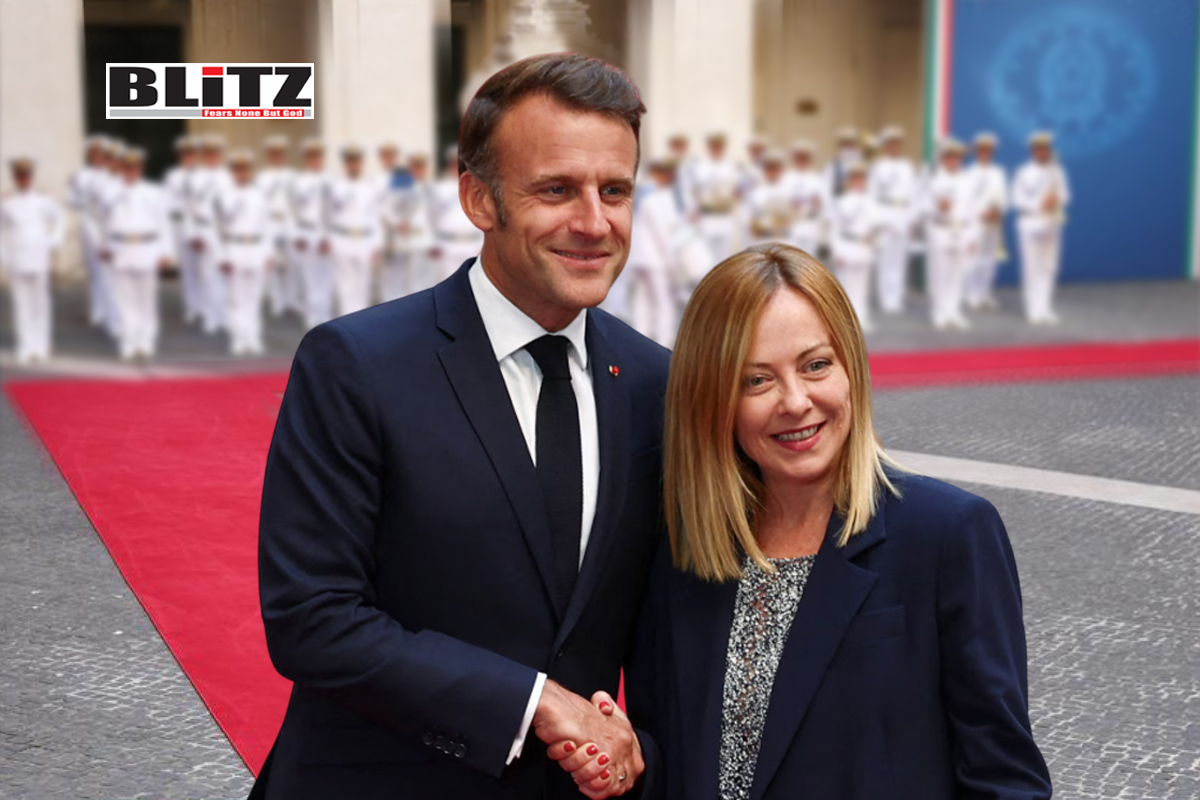




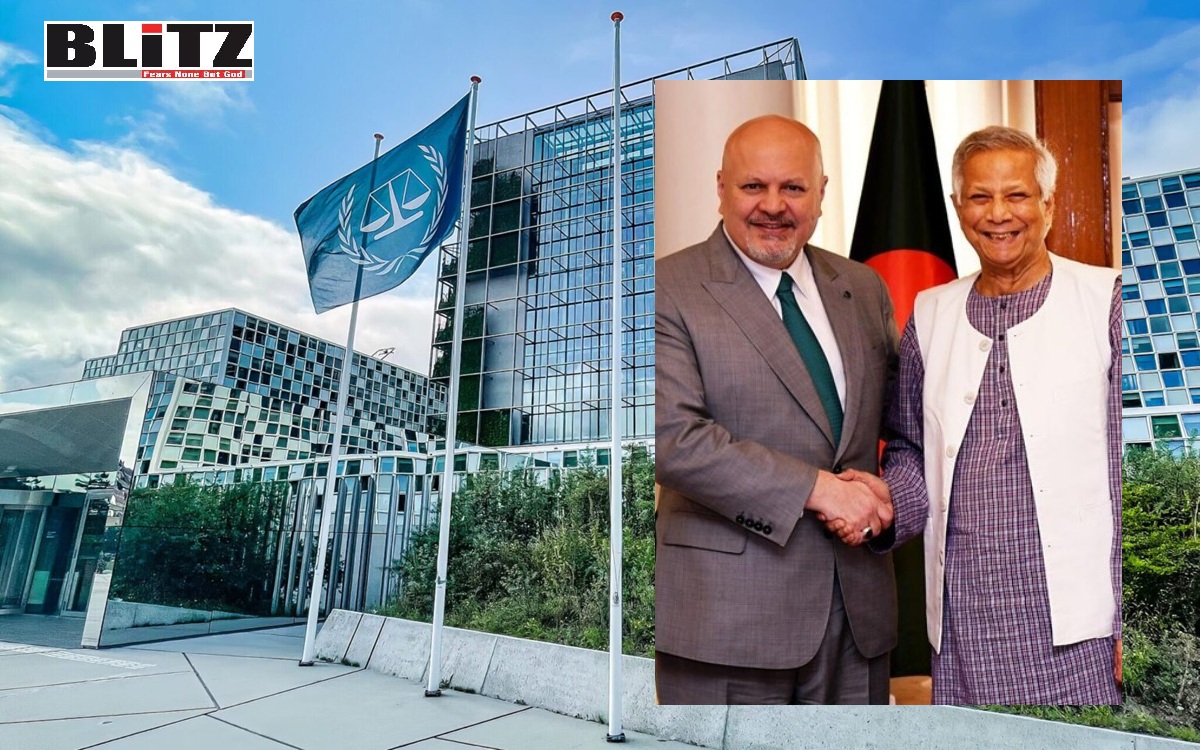
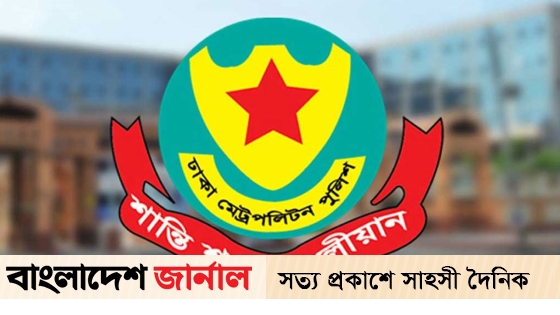

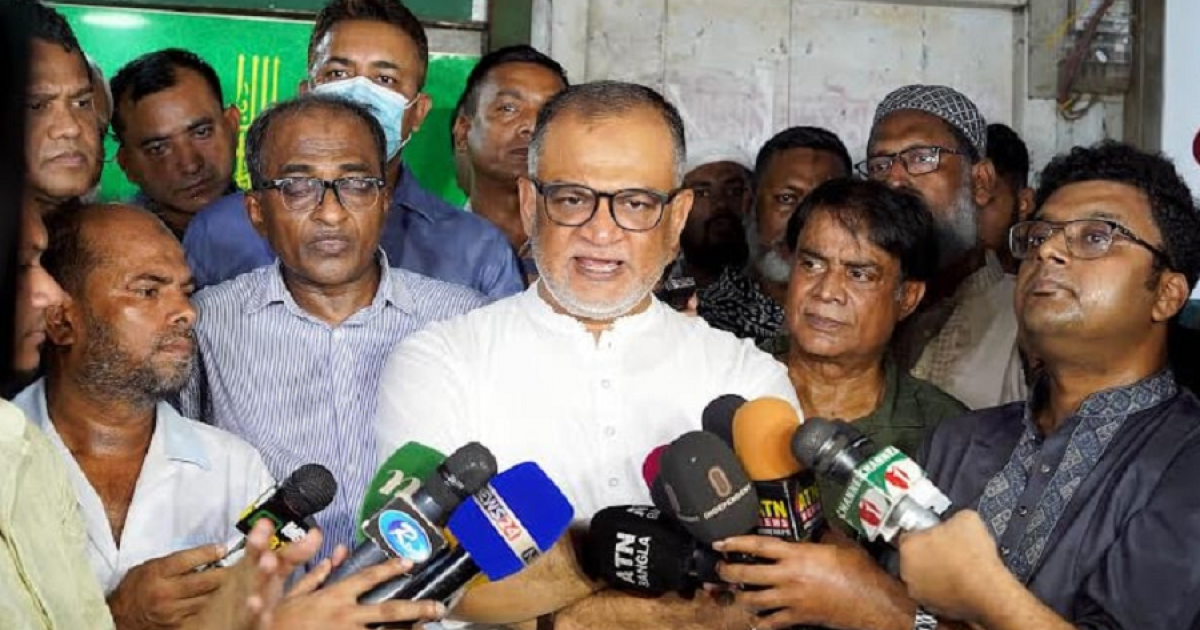
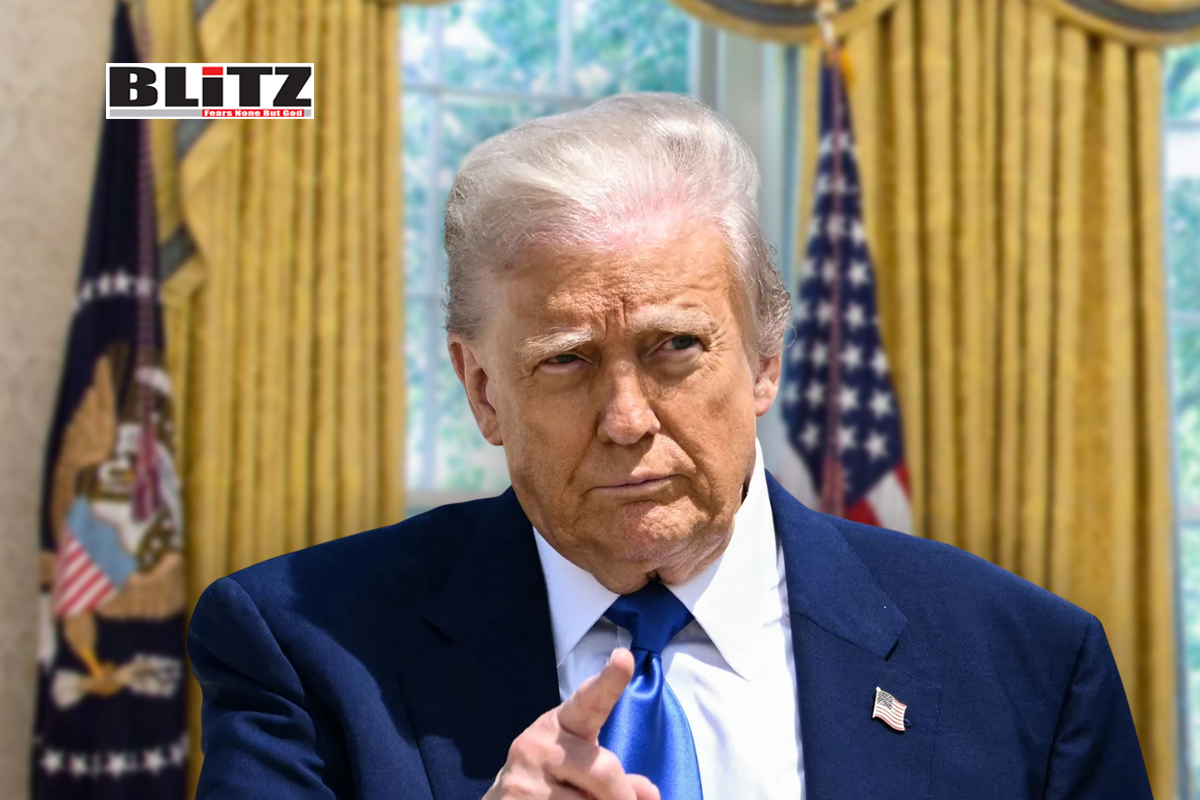


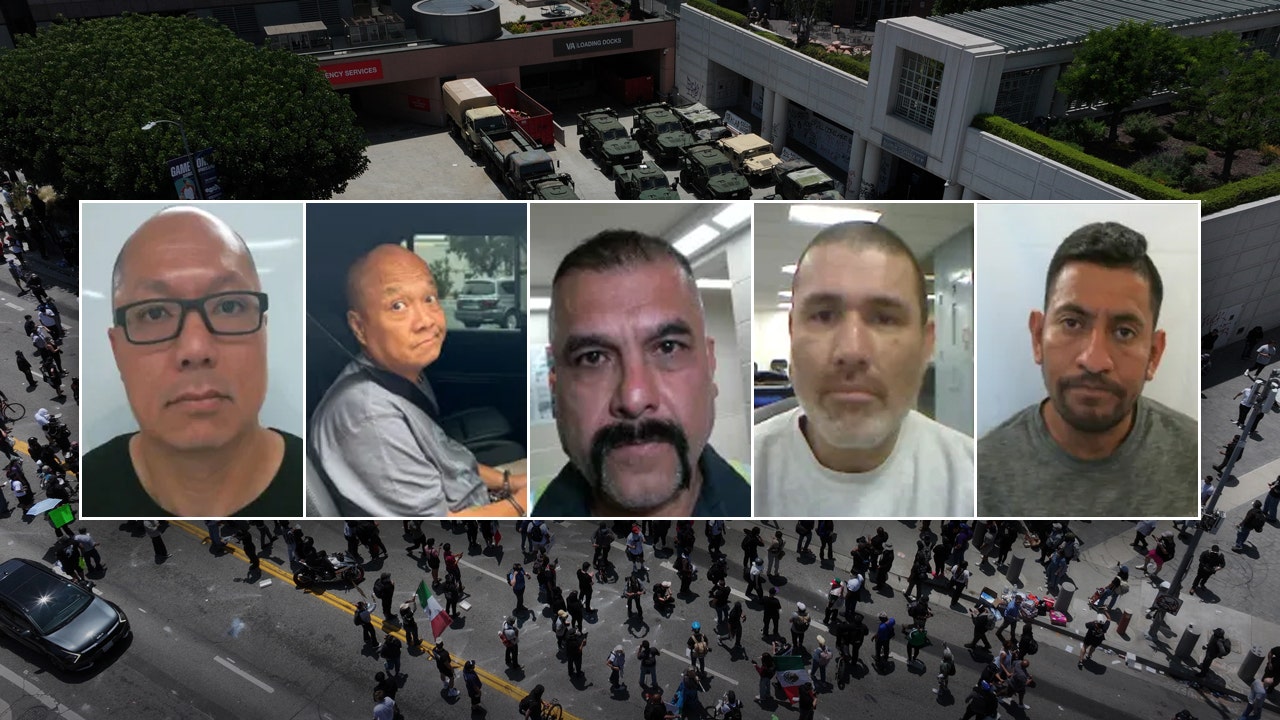

Leave a Reply